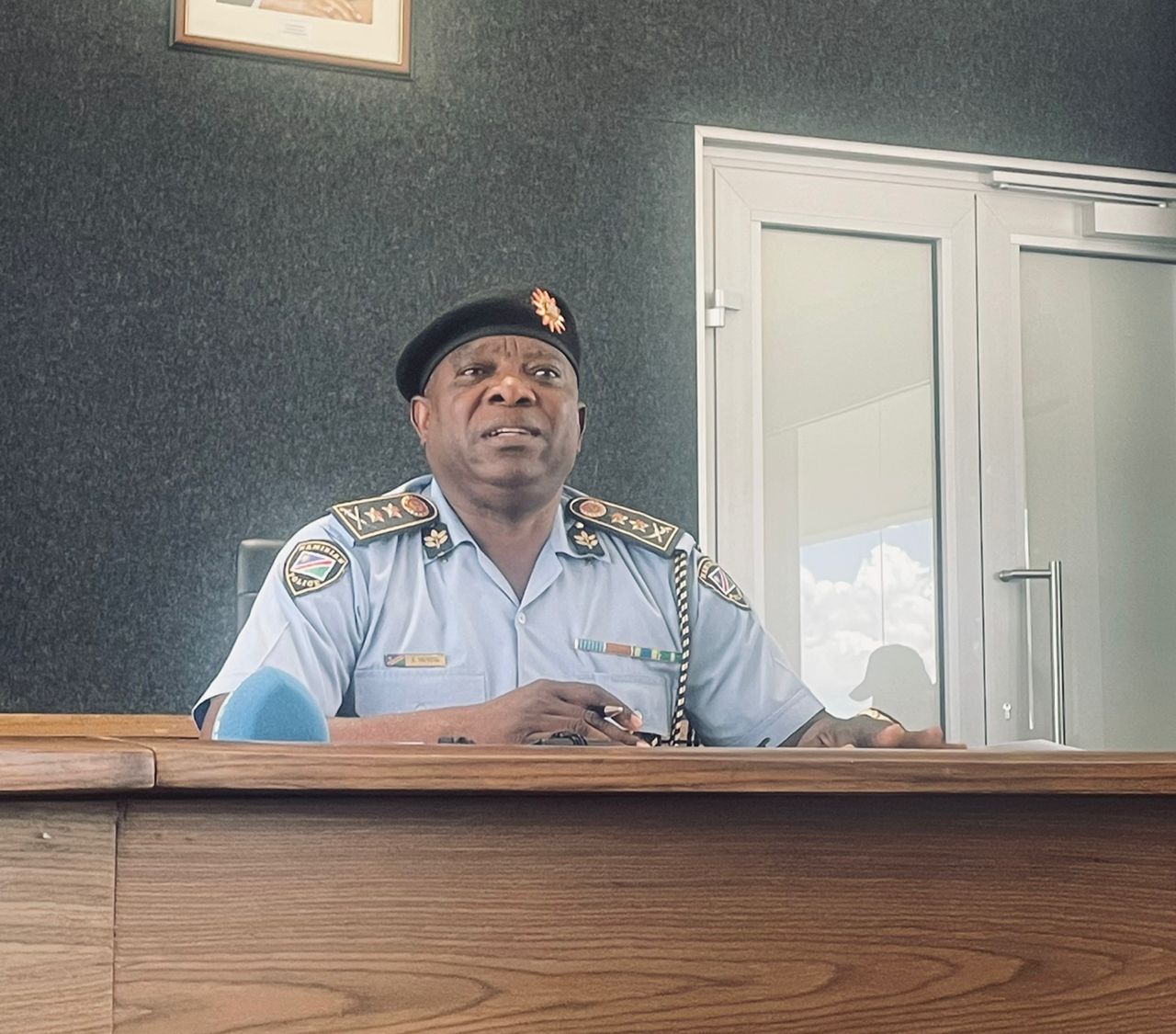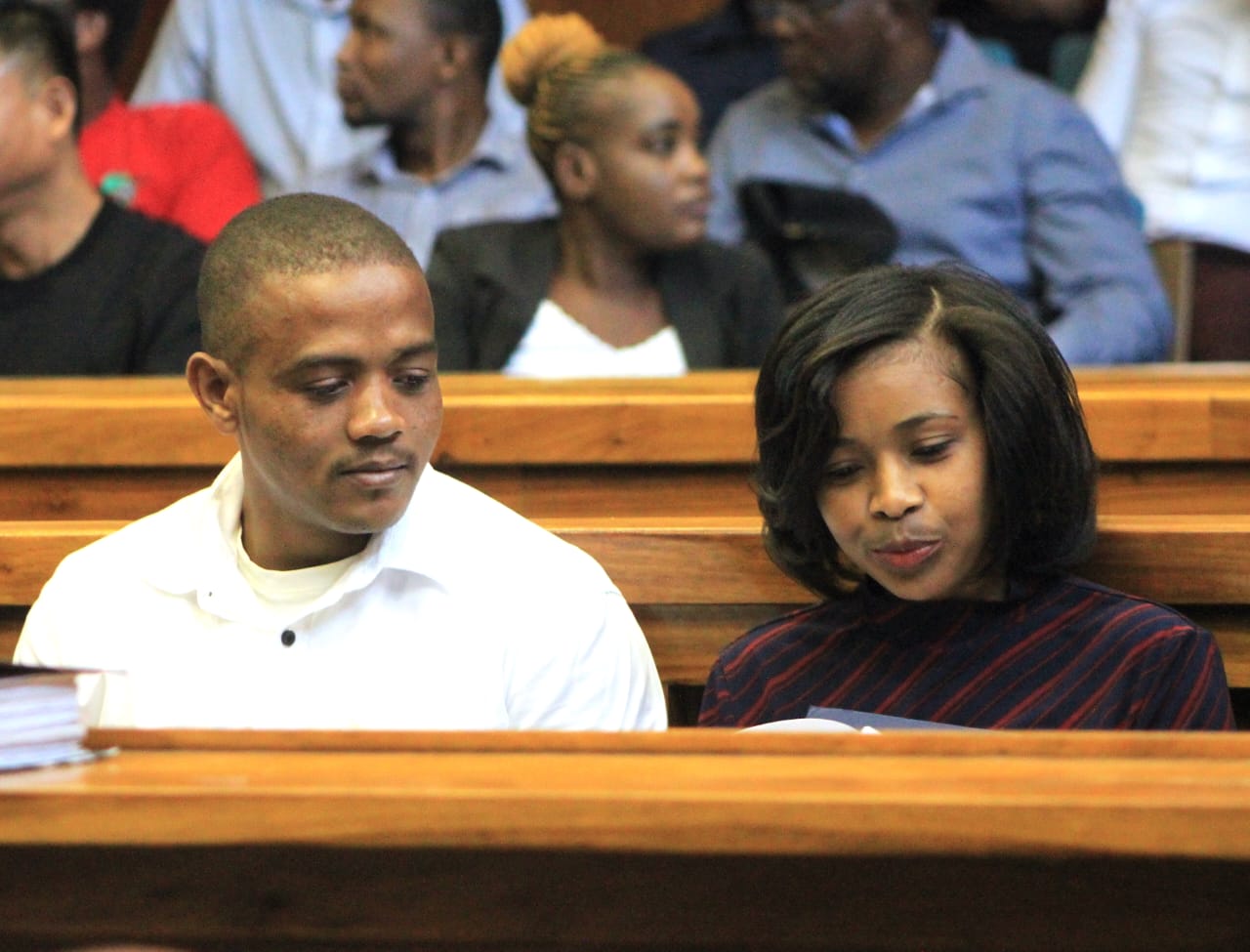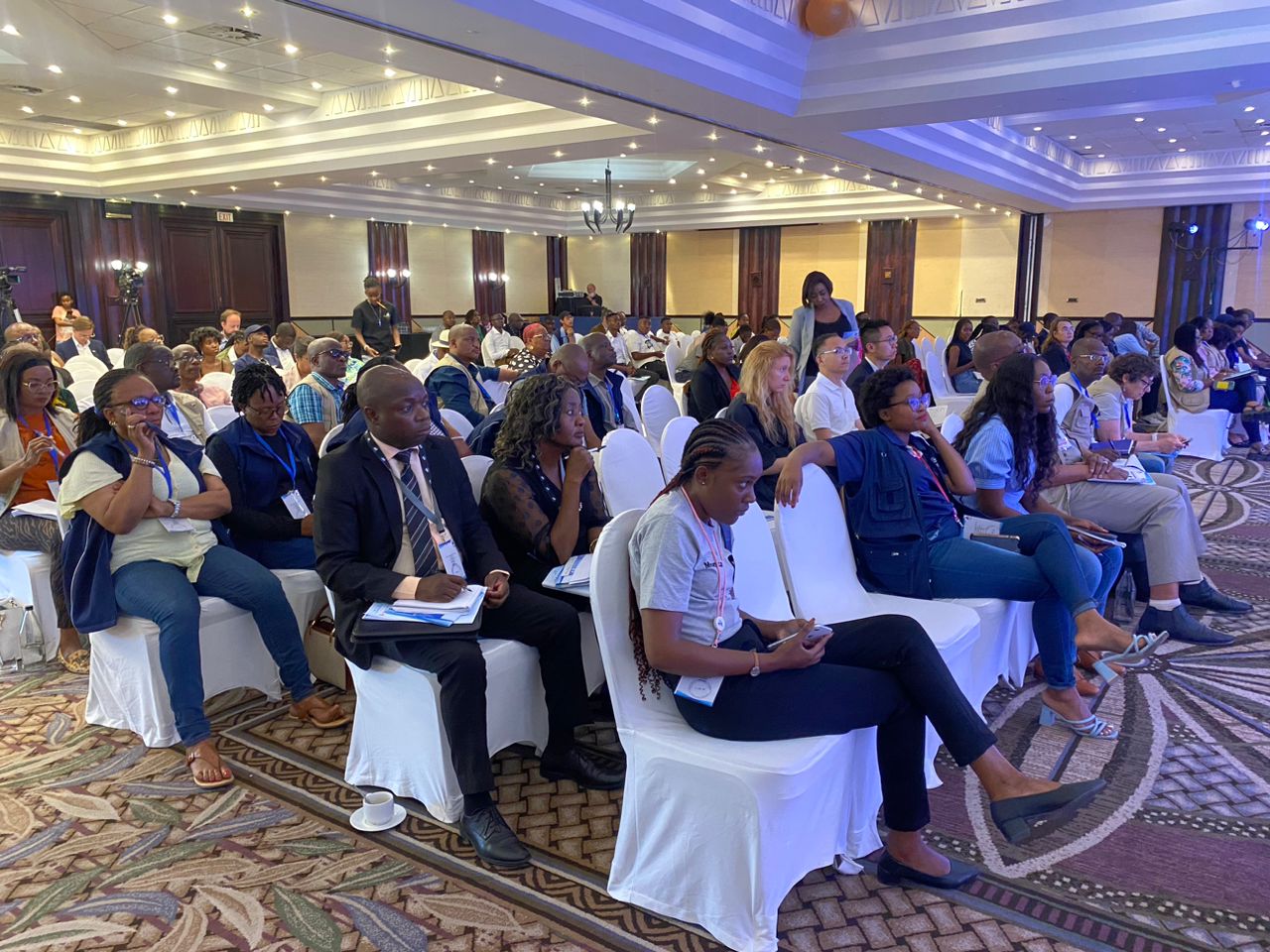The National Information and Communication Technology Summit has come and gone.
For those of us who keep a frequent eye on the comings and goings of international multilateralism, its theme was striking: ‘Building Resilience to Adapt or Die in the Era of Digital Transformation and Artificial Intelligence (AI)’.
It has called attention to the myriad ways in which Namibia has positioned itself as an up-and-coming voice in international debates on the regulation of AI – helping the world make sense of emerging technologies.
CONTEMPORARY AI BOOM
The normalisation of generative AI in the form of open access platforms like ChatGPT and Grok have signified a significant shift in our species’ technological advancement.
What once was a matter for science fiction novels and television, has now become inextricably entangled with and commonplace in our daily lives.
This enmeshment of our lives with AI and the recognition that it could disrupt and transform life as we know it, has resulted in a slew of international and continental frameworks for regulation.
Among these are the nascent African Union Continental AI Strategy, Smart Africa Digital Economy Blueprint and the Asean Digital Masterplan.
REGULATING THE MILITARISATION OF AI
Outside of all-encompassing strategies, many nations have also begun seriously thinking about the negative implications of unfettered technological advancement, including the existential and security risks of the development and deployment of autonomous weapons.
Concerns over the militarisation of artificial intelligence are not new,
As far back as 1942, science fiction has posed the question to humanity: What will our creations eventually do to us?
Autonomous weapons are an emerging class of weapons systems. Once activated, they can select and engage targets without further human intervention and usually without any human pre-selecting those specific targets.
They feature no meaningful human control and can exercise discretion and self-direction. Often colloquially referred to as ‘killer robots’ or ‘fully autonomous weapons’, they pose a threat to international humanitarian law and have the potential to completely transform the way we use and conceive of the use of force.
It is generally agreed on that the first reported use of autonomous weapons took place in Libya in 2021, but few African nations are dynamically involved in regulatory campaigns. Among those showing initiative include Egypt, Nigeria, South Africa and Namibia.
NAMIBIA’S AUTONOMOUS WEAPONS JOURNEY
As far back as in 2018, Namibia popped up in about autonomous weapons discussions.
That year, the ambassador of the permanent mission of Namibia coordinated a high-level seminar on lethal autonomous weapons systems for African Union missions to Geneva.
The seminar intellectually prepped attendees for a session of the United Nations (UN) group of governmental experts working on this class of weapons in the framework of the United Nations Convention on Conventional Weapons.
Outside of its role in thought leadership, the following year Namibia officially called for the prohibition of lethal autonomous weapons at the United Nations General Assembly (Unga) first committee meeting.
The call cited the weapons’ incompatibility with international humanitarian law. In 2022, Namibia was a signatory to a 70-nation joint statement on autonomous weapons systems.
Last year, Namibia also voted in support of resolution L.56 seeking international inquiry into the question of autonomous weapons systems at the 78th Unga.
Today, Namibia serves as a co-chair for the upcoming UN Summit of the Future.
One of the summit’s flagship agreements, the Pact of the Future, also commits to concluding a legally binding instrument to prohibit lethal autonomous weapons systems.
As international powers straddle the fence on whether to regulate, Namibia is well positioned to be a strong voice guiding the continent’s response and position on autonomous weapons – should it choose to do so.
This is particularly so as international governance organisations move towards deliberating the tenets of a possible framework for regulation.
There are many questions on whether regulation can control the wildfire that is rapid technological advancement, however, it cannot be denied that Namibia has been building traction in space.
It will be interesting to see what ethical and legal tenets Namibia may introduce, elevate or prioritise.
- Suzie Shefeni is a master’s candidate in international relations researching African security perspectives in the militarisation of artificial intelligence.
Stay informed with The Namibian – your source for credible journalism. Get in-depth reporting and opinions for
only N$85 a month. Invest in journalism, invest in democracy –
Subscribe Now!






